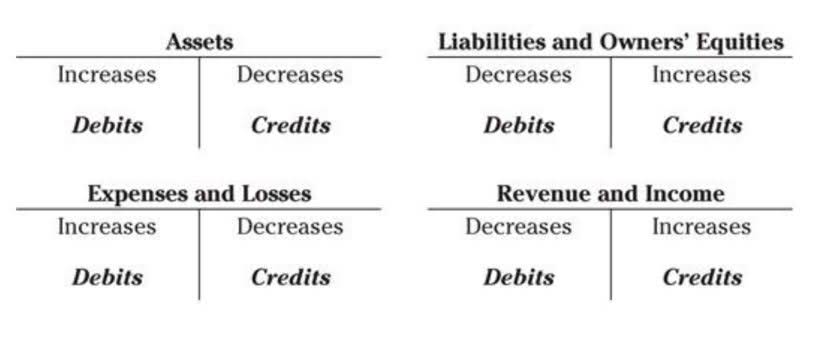
There are countless options out there for bookkeeping software that blends a good price with solid features and functionality. The specific answer to this question can vary somewhat depending on the extent of bookkeeping services your company needs, and how often you require the services of a small business bookkeeper. For full-time bookkeepers, the average annual salary sits around $77,000, according to Glassdoor. Bookkeeping is one of the most important tasks that a business owner will delegate over the life of a business. Without it, it’s nearly impossible to produce an accurate record of financial activities that affect everything, from profit to equity to payroll, and more.
- The Business School also offers three Ph.D. programs in Information Systems, Entrepreneurship or Health Services Research.
- Other smaller firms may require reports only at the end of the year in preparation for doing taxes.
- Business owners or accountants can then use these statements to gain insight into the business’s financial health.
- If you’re new to business, you may be wondering about the importance of bookkeeping.
- At the end of the period, you’ll “post” these entries to the accounts themselves in the general ledger and adjust the account balances accordingly.
This is a highly recommended method because it tells the company’s financial status based on known incoming and outgoing funds. Because the funds are accounted for in the bookkeeping, you use the data to determine growth. If not done at the time of the transaction, the bookkeeper will create and send invoices for funds that need to be collected by the company.
Tasks involved in bookkeeping
The bookkeeper enters relevant data such as date, price, quantity and sales tax (if applicable). When this is done in the accounting software, the invoice is created, and a journal entry is made, debiting the cash or accounts receivable account while crediting the sales account. Every financial transaction should have a line item in the general ledger, which tracks everything in one place. The general ledger notates the account number to which the debit or credit is applied. The best accounting software automates a lot of the process in journal entries for regular debits and credits to help eliminate possible errors in data entry. Ideally, you also want to find a bookkeeper or accounting firm that has experience in your industry.
- FIFO accounting, or first-in, first-out, is a method of valuing inventory.
- The choice of bookkeeping method depends on various factors such as the size of the business, the number of transactions, the budget, and the owner’s familiarity with bookkeeping principles.
- It’s basically an assumption for cost-flow purposes that states the first goods you purchased are the first goods you sold.
- But for the sake of explaining the basics of bookkeeping, here are the first seven steps you’ll need to walk through to get your bookkeeping machine humming.
- For example, KPMG offers employees up to 25 days of paid vacation time, telecommuting opportunities, and a robust health insurance package.
The responsibilities handled by a service will depend on the provider, so be sure to discuss the scope of work and compare options to find the right fit. Here’s a crash corporate bookkeeping course on small-business bookkeeping and how to get started. If you’re unfamiliar with local and federal tax codes, doing your own bookkeeping may prove challenging.
Coordinate with a tax specialist
Rent, business insurance, and software subscriptions are expenses you pay before receiving the benefit of the service—these are prepaid expenses. Records older than six years can be securely disposed of by hiring a professional document shredding company. For digital records, QuickBooks allows you to easily delete or condense historic transaction data to save you storage space and secure sensitive financial information.
This method can work for freelancers or sole proprietors with no more than one or two business transactions a month. The specific amount of an emergency fund may depend on the size, scope, and operational costs of a given business. Regardless, work with your bookkeeper and accountant to ensure the amount of cash left in the bank is sufficient for unexpected costs.
